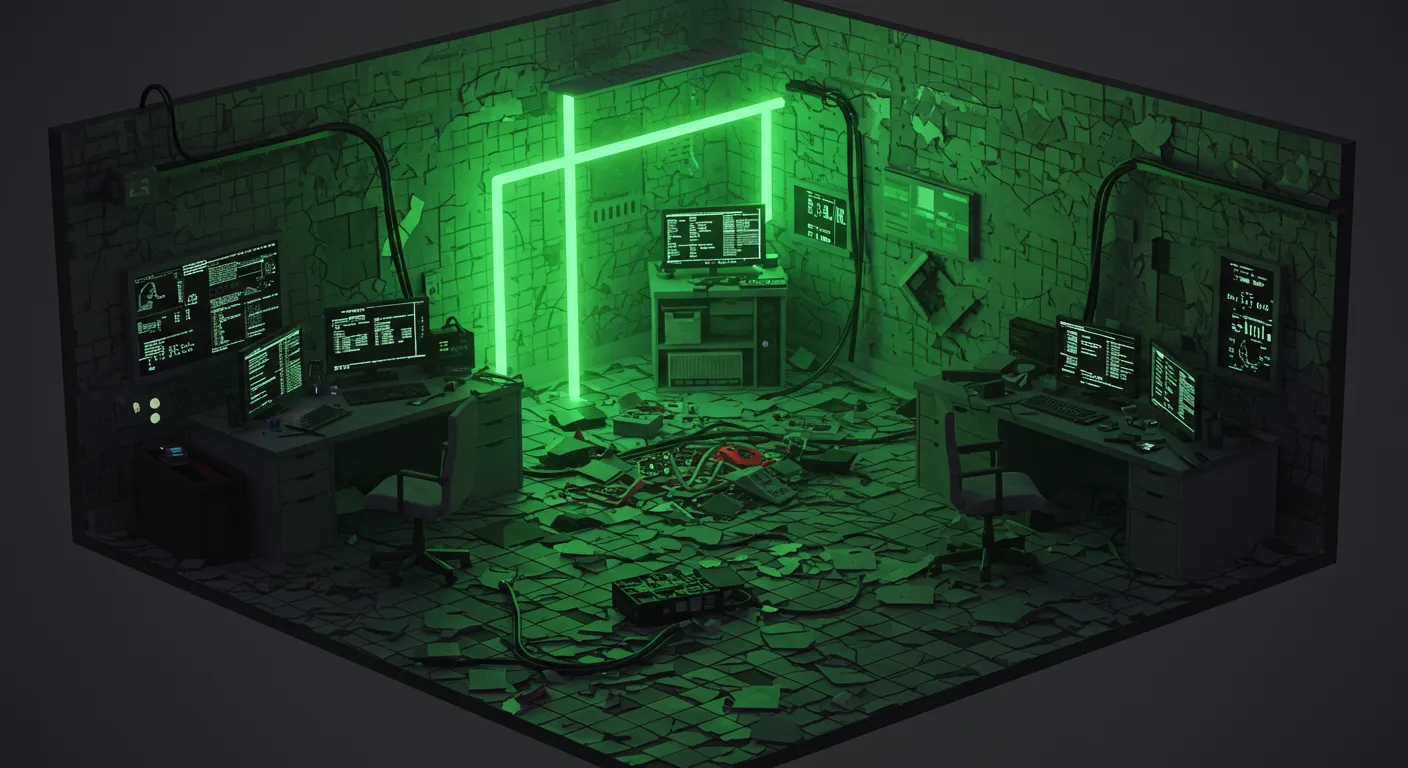The rise and fall of Builder.ai reads like a cautionary tale in the frothy world of AI startups. What began as a Microsoft-backed unicorn promising to revolutionize app development has imploded spectacularly, leaving investors and tech watchers scratching their heads.
Online commentators are drawing parallels to other high-profile startup failures, with many seeing Builder.ai as a symptom of the broader AI investment bubble. The company, which claimed to build apps using AI "like a LEGO set," appears to have been built more on hype than substance, with recent reports suggesting significant revenue inflation and questionable business practices.
The startup's downfall highlights a growing skepticism in the tech community about AI companies raising massive funding without clear, sustainable business models. Some online observers point out that while generative AI technologies are fascinating, not every AI startup deserves a nine-figure investment.
The collapse also raises deeper questions about venture capital's approach to emerging technologies. Investors seem more interested in potential and buzzwords than in fundamental business viability, repeatedly backing companies with more style than substance.
As the dust settles, Builder.ai serves as a stark reminder that in the tech world, impressive pitches and flashy promises are no substitute for actual product development and genuine innovation.


